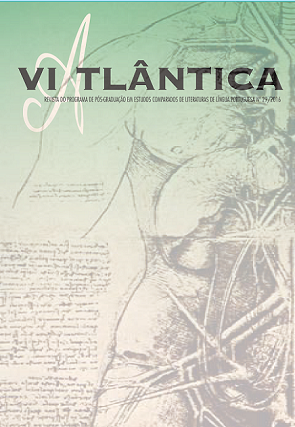Vol. 17 No. 1 (2016): Tecidos do humano - literatura e medicina

Published:
2016-09-27

____________________________________________________________________________
____________________________________________________________________________
____________________________________________________________________________
Via Alântica uses Creative Commons Attribution 
____________________________________________________________________________
Via Atlântica follows the guidelines of the Committee on Publications Ethics (COPE) .
____________________________________________________________________________
